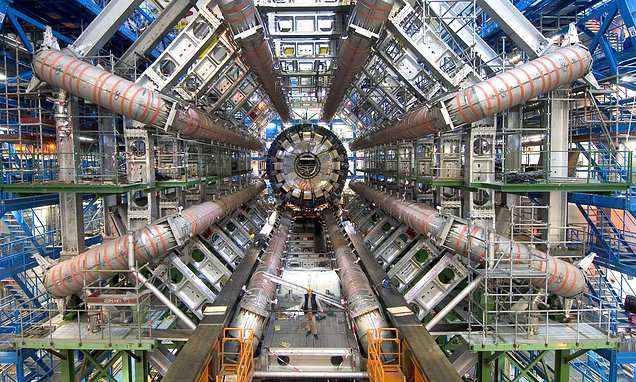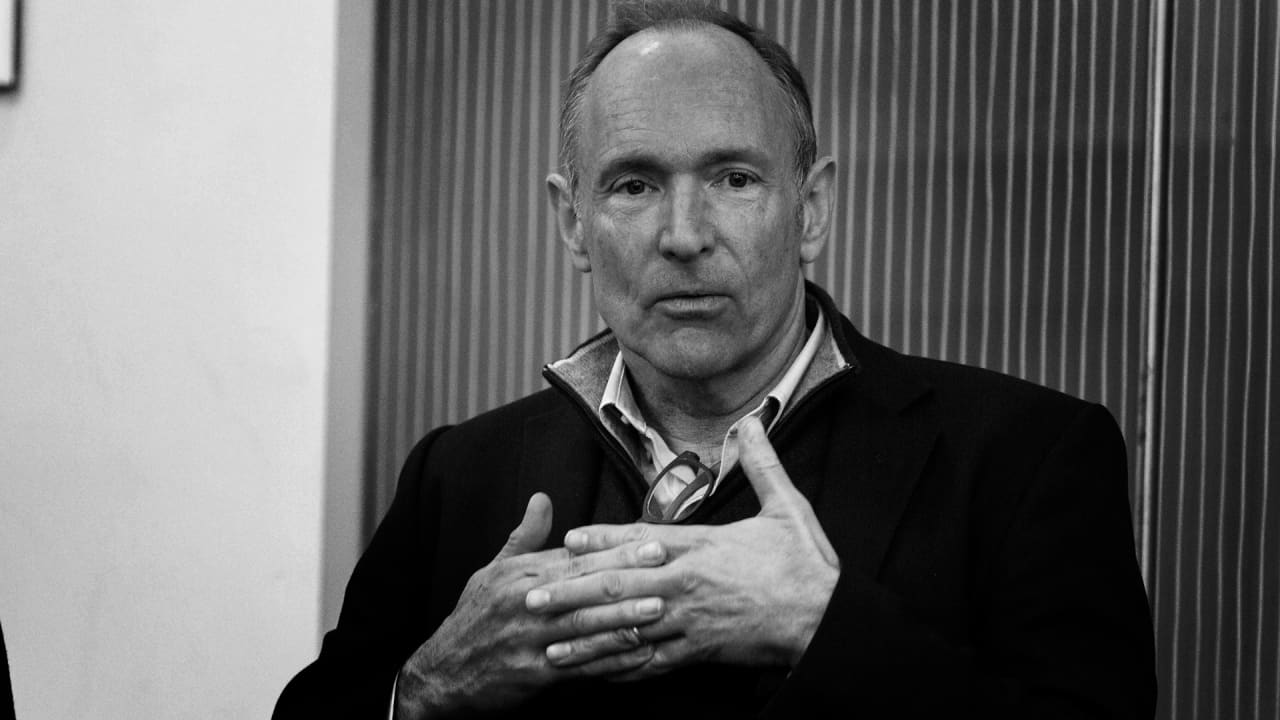Page 8528
Oct 2, 2018
Movement for Indefinite Life Extension 2018 Drive to Stay Alive Message
Posted by Eric Schulke in categories: aging, bioengineering, ethics, existential risks, futurism, life extension, philosophy, transhumanism
The universe is filled with uncountable amounts of mystery, discovery, opportunity, experiences, marvels and more. So, let’s not die if we don’t have to.
It’s much harder to make the case that radical longevity cannot be engineered into our biology than that it can. Humanity engineers cells in countless ways all the time now, and our knowledge, capability and tools keep growing exponentially.
Now, a mainstream amount of demand to create a bustling global industry of life extension R&D is the only thing standing between you and the ability to live indefinitely.” — Eric Schulke
Fifteen thousand years worth of Netflix are watched every day. Fifteen billion dollars are spent on the Super Bowl and fifteen billion dollars are spent on Valentine’s day. Those aren’t bad things but we need some perspective. Survival is humanity’s main and oldest occupation. We have what it takes to survive if we pay attention and get with the program.
Continue reading “Movement for Indefinite Life Extension 2018 Drive to Stay Alive Message” »
Oct 2, 2018
Helion Energy got funding for possible breakeven fusion device this year
Posted by Bill Kemp in category: energy
Oct 2, 2018
Said ITER would cost $45+ billion more and DOE agrees
Posted by Bill Kemp in categories: energy, futurism
In 2017, Nextbigfuture said that the ITER tokamak fusion project would cost $45–60 billion more than the claimed $22 billion construction budget and US Department of Energy (DOE) agrees with a far higher cost estimate. On April 11, 2018, Paul Dabbar, DOE undersecretary for science, provided a $65 billion estimate to the Senate Appropriations subcommittee on energy and water development. The $65 billion covers construction alone and annual operating costs once experimental operations begin in 2025 aren’t included.
The day after Dabbar’s testimony, the European Union Council of Ministers endorsed ITER’s nearly two-year-old baseline estimate, which covers construction from 2007 to full completion in 2035. Including a 10% contingency to account for overruns, ITER’s cost to EU members is €11.7 billion ($14.5 billion). As host, the EU is paying 46% of ITER’s cost, five times the share of each of the other six partners: China, India, Japan, Russia, South Korea, and the US.
The budget they talk about is 20 billion euros. This does not include the cost of the hardware only the bureaucratic management costs and the costs of assembly. The donated hardware is not included. The budget is only to get ITER to 2035.
Continue reading “Said ITER would cost $45+ billion more and DOE agrees” »
Oct 2, 2018
Figuring out How Fast the Universe Is Expanding Might Require a New Type of Physics
Posted by Michael Lance in categories: physics, space
Oct 2, 2018
Safe, efficient self-driving cars could block walkable, livable communities
Posted by Bill Kemp in categories: robotics/AI, sustainability, transportation
Almost exactly a decade ago, I was cycling in a bike lane when a car hit me from behind. Luckily, I suffered only a couple bruised ribs and some road rash. But ever since, I have felt my pulse rise when I hear a car coming up behind my bike.
As self-driving cars roll out, they’re already being billed as making me – and millions of American cyclists, pedestrians and vehicle passengers – safer.
As a driver and a cyclist, I initially welcomed the idea of self-driving cars that could detect nearby people and be programmed not to hit them, making the streets safer for everyone. Autonomous vehicles also seemed to provide attractive ways to use roads more efficiently and reduce the need for parking in our communities. People are certainly talking about how self-driving cars could help build more sustainable, livable, walkable and bikable communities.
Continue reading “Safe, efficient self-driving cars could block walkable, livable communities” »
Oct 2, 2018
The Reversibility of Human Aging
Posted by Steve Hill in categories: biotech/medical, genetics, life extension

Today, we would like to share with you a talk by Dr. Michael West from AgeX Therapeutics, a company developing therapies to combat age-related diseases by encouraging the body to regenerate cells and tissues.
On July 12th, we hosted our first conference, Ending Age-Related Diseases: Investment Prospects & Advances in Research, at the Frederick P. Rose Auditorium, which is part of the Cooper Union campus in New York City. The packed event saw a range of people from research, investment, and the wider community coming together for a day of science and biotech business presentations and panels.
Oct 2, 2018
Earth could shrink to 330ft across if particle accelerator experiments go wrong
Posted by Michael Lance in category: particle physics

Absolutely terrifying.
The views expressed in the contents above are those of our users and do not necessarily reflect the views of MailOnline.
Continue reading “Earth could shrink to 330ft across if particle accelerator experiments go wrong” »
Oct 2, 2018
Exclusive: Tim Berners-Lee tells us his radical new plan to upend the World Wide Web
Posted by Derick Lee in categories: government, internet
Berners-Lee believes Solid will resonate with the global community of developers, hackers, and internet activists who bristle over corporate and government control of the web. “Developers have always had a certain amount of revolutionary spirit,” he observes. Circumventing government spies or corporate overlords may be the initial lure of Solid, but the bigger draw will be something even more appealing to hackers: freedom. In the centralized web, data is kept in silos–controlled by the companies that build them, like Facebook and Google. In the decentralized web, there are no silos.
With an ambitious decentralized platform, the father of the web hopes it’s game on for corporate tech giants like Facebook and Google.
[Photo: Flickr user gdsteam].
Oct 1, 2018
Blue Origin and Airbus back ‘The Moon Race,’ a space contest yet to be defined
Posted by Klaus Baldauf in categories: space travel, sustainability

A new nonprofit organization is partnering with Amazon billionaire Jeff Bezos’ Blue Origin space venture, Airbus and other heavy-hitters to create a moon-centric prize program known as “The Moon Race.”
The contest’s goal is to boost technologies that could contribute to sustainable lunar exploration. A lot of the details, however, are still up in the air — including exactly what those technologies will be, and how much the prizes will amount to.
Continue reading “Blue Origin and Airbus back ‘The Moon Race,’ a space contest yet to be defined” »














